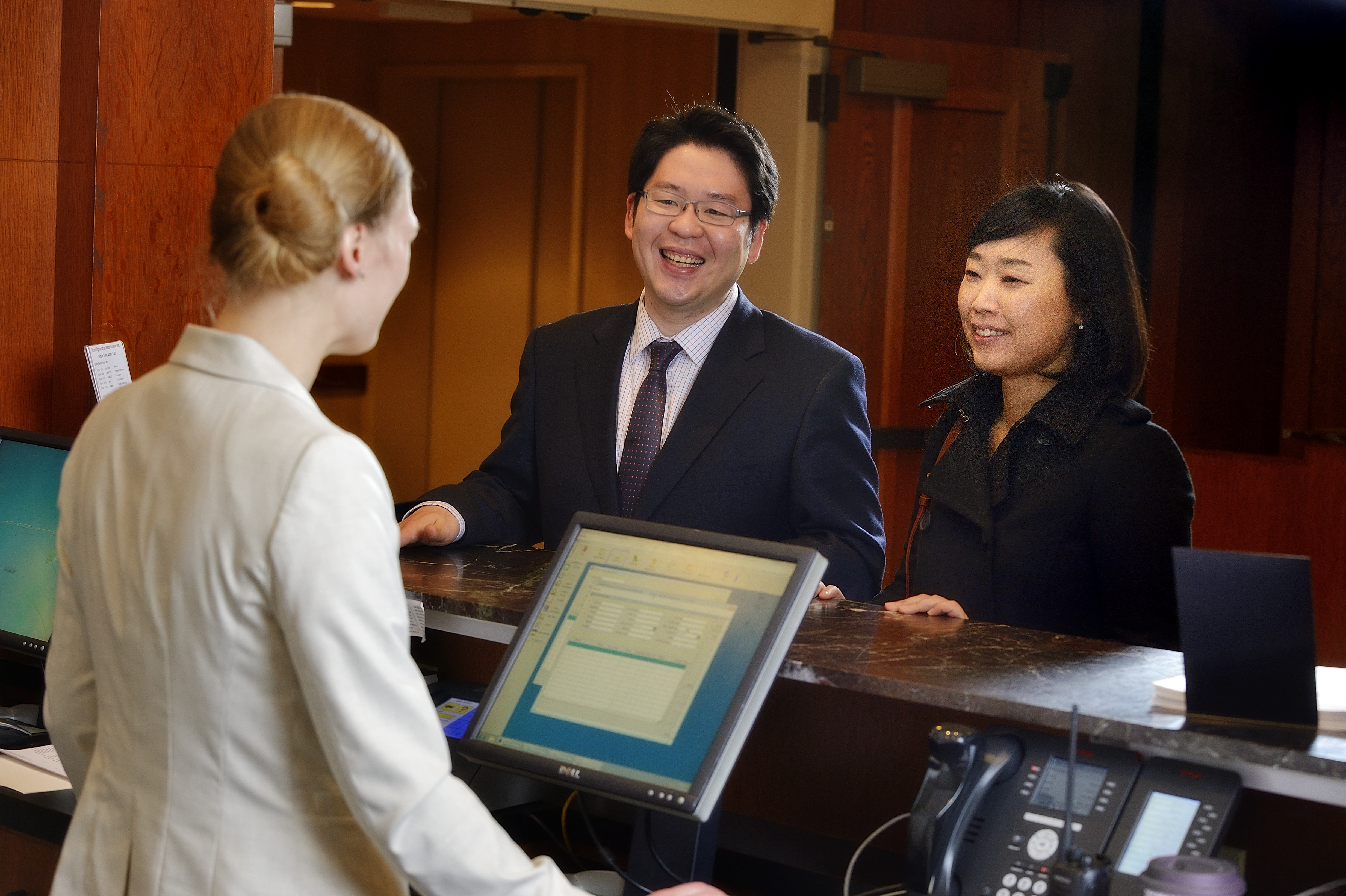New book by Pamplin hospitality professor suggests 20 habits for better service

Food service employees taking “smoke breaks” near their store’s front entrance. The hotel manager who didn’t say “hello” as a guest walked by. The sales associate who, while serving a customer, griped to a colleague about not having a day off.
Vince Magnini, associate professor of hospitality and tourism management in the Pamplin College of Business, cites these encounters from his own life as examples of “experience breaking” behavior in his new book, “Performance Enhancers: Twenty Essential Habits for Service Businesses.”
We as consumers witness employee actions that are inconsistent with "the experience that the firm is trying to create for us," he says.
Magnini says, however, that academic research exists that, if properly communicated, “could significantly enhance business practices.” The book represents his effort to make such “managerially useful studies” more readily accessible.
Meant to be “an easy read,” his book presents 20 habits that he thinks are important for anyone working in any service business to cultivate, whether it is travel, entertainment, retail, accounting, engineering, health care, home improvement, or legal.
The suggested habits range from the behavioral (using drama, laughter, and verbal and nonverbal cues) to the technical (analyzing blogs, mining data, and measuring return on quality).
He discusses the habits in terms of their impact on the attitudes and behavior of employees and customers.
Discussing habits that can shape customer attitudes, Magnini suggests, as habit 11, “service blueprinting” — the process of mapping how customers and employees flow through the physical spaces of a business. The diagram would include places where customers can go, areas where they cannot go but can see, and employee-only spaces.
A service blueprint can offer ways to manage sights, sounds, and smells that influence customers subconsciously, he says, and show a front-line employee “how his or her role ties in to the rest of the service offering.”
Service blueprints can also help a business develop strategies to manage customer waiting perceptions, Magnini says, an issue he discusses as habit 12.
Even the best managed firms experience service failures now and then, Magnini says, but dissatisfied customers need not be an inevitable result. Thus, in habit 13, he discusses ways of coming back from a service failure and the “recovery paradox” phenomenon.
Magnini’s book has received enthusiastic reviews from readers in the hospitality and other service industries.
Learn more about the 20 habits, including using daily briefings and putting drama to work, in Pamplin’s spring 2014 magazine, Virginia Tech Business.







